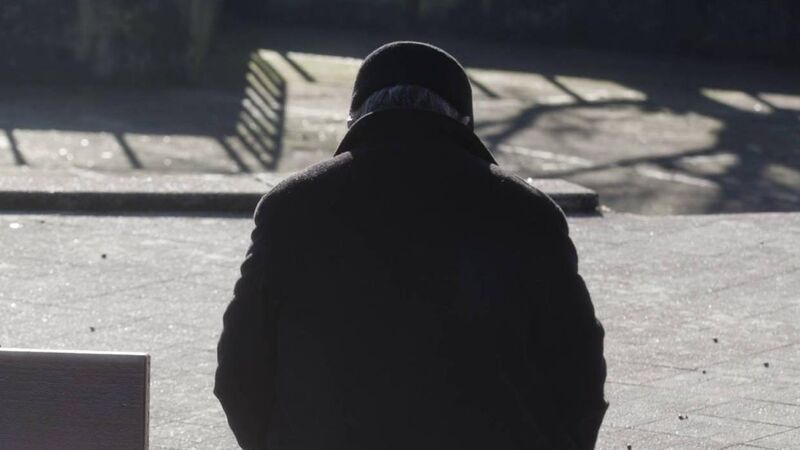Loneliness is taboo but needs to be addressed as it's a health issue

Loneliness can manifest itself physically, it’s something that we need to address.
But there should be no shame in disclosing that you feel isolated – and would like to do something about it.
Recently, on the BBC’s , loneliness was explored. After holding forth on the topic, psychiatrist Dr Farhanna Mann, from University College London, said it needs to be a public health priority. (There’s a Minister for Loneliness in the UK.)
Here (and over the water too) there are bar counters propped up by loners who find solace not just in the gargle but also from being among people.
We’re supposed to be a country of welcomes, but urban life is not always like rural life, where people know their far-flung neighbours. City life and suburban life, despite teeming with people, is not always conducive to a sense of community.
It can brighten up a day to actually communicate with someone beyond the purely transactional type of communication we engage in at our local supermarket.
Loneliness is “a powerful emotion”, according to Dr Mann, and it has strong links with mental health and also with physical health.
Just as we can feel anxiety in the pit of our stomach, so too can loneliness manifest itself physically.
It’s a subjective experience, best described as distressing, where there’s essentially a mismatch between the level of social connectedness a person has in their life and what they would actually like. That varies from person to person.
Some of us live alone quite well. For others, it’s a depressing scenario that makes them miserable. It can lead to risky health behaviour such as smoking – or lone drinking, nearly always a bad idea unless you are disciplined and can cork the wine after one or two glasses.
If you have an existing mental health problem, you are at risk of becoming lonely.
Numerous studies show that loneliness increases with age. People aged over 80 are at risk of social isolation, which is why it’s important to look out for the elderly.
Italy has the highest proportion of people aged over 65, some 23.3% of them are in that category. Japan is the world’s frontrunner with 29.1% of people over 65. In Ireland, as of December, 2022, 15% of the population was over retirement age.
We can’t help growing old, but there is a way to mitigate the lone-liness that often accompanies it. Here, we have a housing crisis. Perhaps, with apartment complexes being built to deal with the problem, we could emulate multigenerational housing projects in Germany to alleviate loneliness.
This initiative sees young and old living under one roof, improving lives, especially with an ageing population. (In Germany, 21.8% of the population is over 65.)
There’s a communal living group on Mendelstrasse, Berlin. The 11 members of the association range in age from 13 to 90 and have at least one thing in common – they are sick of living alone in an anonymous city.
This group, according to media outlet Deutsche Welle (DW), has staked out a communal building in a large modern housing complex of 351 apartments. Each member maintains his or her own self-contained apartment, but the members co-finance a common room with TV and a kitchenette. They can dine together at breakfast, part of their daily ritual. It’s a residential community with privacy. What’s not to like?
As one 80-year-old resident of the community says: “We live together despite our differences.” That, says Heidemarie Mehlau is a good feeling. If she is sick or needs help, she doesn’t have to go very far.
The initiator of the project is 65-year old Comelia Apel. He had already committed to such a project more than ten years ago but found it difficult to find a developer willing to support a multigenerational housing project.
In Germany, this type of habitation is still the exception. However Comelia Apel reached a co-operation agreement in 2014 with a Berlin housing company. The association members were able to move into the new building complex in 2019.
One of the many benefits of multigenerational living is that working parents can get help with childcare. Later in life, it is more cost-effective than being housed in a nursing home. Not to mention a lot more liberating. With one in five people over 75 feeling lonely, it’s time we considered multi-generational housing.







 App?
App?




